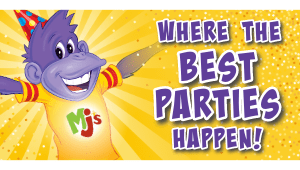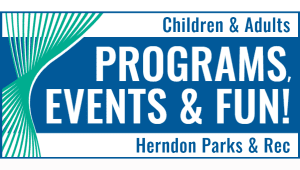By Fairfax Neonatal Associates
Asthma is one of the most common chronic conditions in childhood, occurring in approximately 9% of all children. While it is very common, the presentation of asthma can be very different among children, and it is often misdiagnosed. The underlying problem with asthma is inflammation, or swelling, in the airways, which makes them easily irritated when exposed to triggers. These triggers can include viral infections, allergens, cold air, exercise, environmental irritants, and secondhand smoke.
The most common symptoms seen are frequent or persistent cough, difficulty breathing, and/or wheezing. Wheezing is a high-pitched squeaky noise most often heard while the child is breathing out. In addition, children with asthma will cough for longer periods of time when they have a respiratory tract infection and sometimes will tire easily while playing or have a frequent cough with exercise.
A common parental observation is “colds go straight to his/her chest.” Kids who have asthma miss more than three times the amount of school than kids without asthma. These symptoms, however, can be significantly improved if not eliminated with appropriate therapy.
Most children with asthma get better as they get older. In fact, a majority of children will have a wheezing episode in the first few years of life, but only a percentage of those kids will go on to have long-standing asthma. The common risk factors which lead to a higher chance of persistent asthma are a direct family history of asthma or a pattern of allergy in the child.
There is no single test to diagnose asthma, and an accurate diagnosis depends on a combination of history, physical exam, and, if able, lung function measurements. Most children over the age of 4 can do some form of pulmonary function testing that can make the diagnosis clearer. Typically, children with asthma have an improvement in symptoms with the use of inhaled medications that relax the airways (albuterol). However, in children who have more frequent or more intense asthmatic episodes, preventive inhaled medications are very safe and very effective in controlling the symptoms.
If you have concerns about asthma in your child, discuss the symptoms with your health care provider, as asthma should not be a barrier for your child to do anything they want to do!












